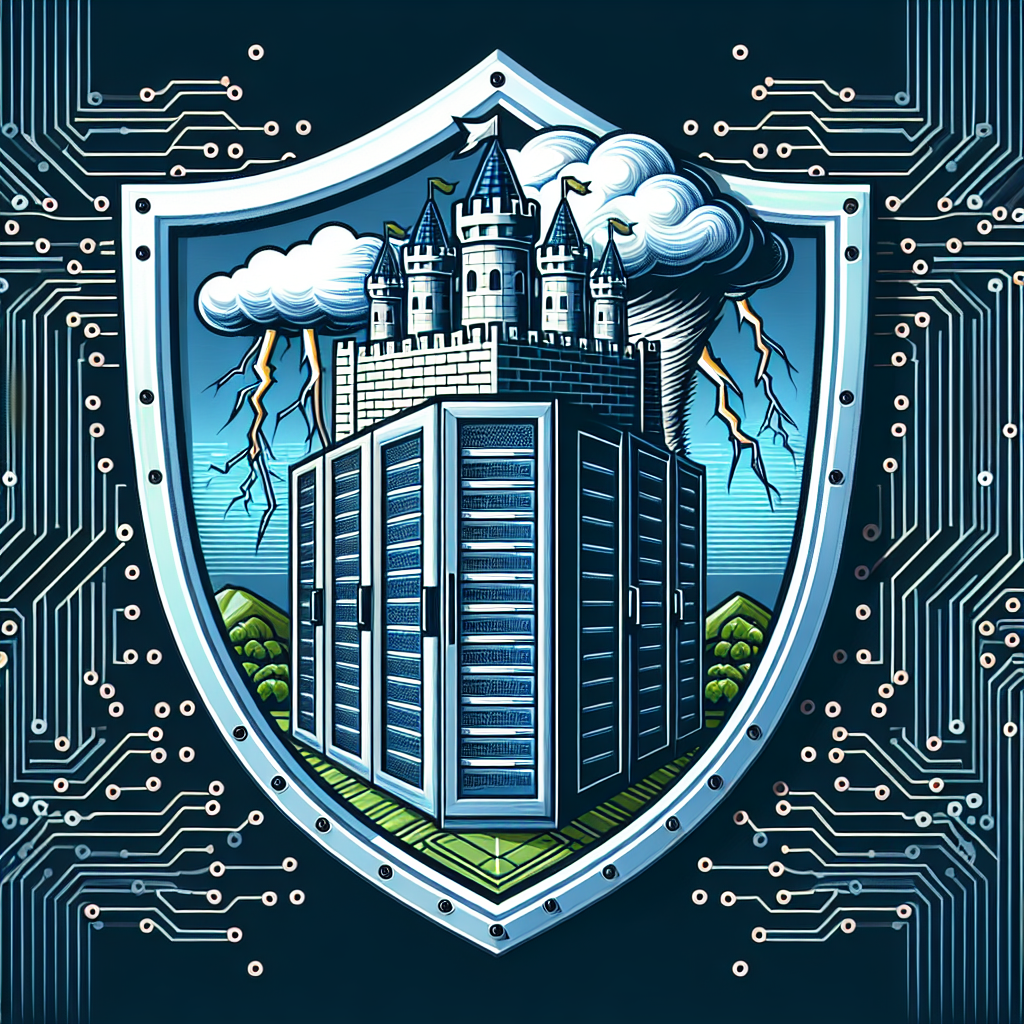Your cart is currently empty!
5 Strategies for Enhancing Data Center Resilience

In today’s fast-paced digital landscape, data centers play a crucial role in ensuring the smooth operation of businesses and organizations. These facilities house the critical infrastructure and resources needed to store, process, and manage vast amounts of data. However, data centers are not immune to disruptions and downtime, which can have severe consequences for businesses. Therefore, enhancing data center resilience is essential to ensure uninterrupted operations and data availability. Here are five strategies for improving data center resilience:
1. Redundant Power Supply: One of the most critical aspects of data center resilience is having a redundant power supply system in place. Power outages can have a significant impact on data center operations, leading to data loss and downtime. Implementing redundant power supplies, such as uninterruptible power supply (UPS) systems and backup generators, can ensure continuous power supply to critical infrastructure in the event of a power failure.
2. Environmental Monitoring: Monitoring the environmental conditions within the data center, such as temperature, humidity, and airflow, is crucial for maintaining optimal operating conditions. Fluctuations in these parameters can lead to equipment failure and downtime. Implementing environmental monitoring systems can help data center operators detect and address issues before they escalate, ensuring the reliability and performance of the infrastructure.
3. Regular Maintenance and Testing: Regular maintenance and testing of data center equipment and systems are essential for identifying potential issues and vulnerabilities. Conducting routine inspections, testing backup systems, and performing preventive maintenance can help prevent failures and downtime. Establishing a comprehensive maintenance schedule and adhering to best practices can enhance data center resilience and reliability.
4. Data Backup and Disaster Recovery: Data backup and disaster recovery planning are essential components of data center resilience. Implementing robust backup solutions, such as regular data backups and offsite storage, can help protect critical data in the event of a system failure or disaster. Developing a comprehensive disaster recovery plan that outlines procedures for data recovery and system restoration is crucial for minimizing downtime and ensuring business continuity.
5. Security Measures: Data center security is paramount for protecting sensitive information and preventing unauthorized access. Implementing physical security measures, such as access controls, surveillance cameras, and security guards, can help safeguard the facility from potential threats. In addition, implementing cybersecurity measures, such as firewalls, intrusion detection systems, and encryption, can help prevent data breaches and cyber attacks that could compromise data center resilience.
In conclusion, enhancing data center resilience is essential for ensuring the continuous operation and availability of critical data and services. By implementing strategies such as redundant power supply, environmental monitoring, regular maintenance and testing, data backup and disaster recovery, and security measures, data center operators can improve their facility’s resilience and mitigate the impact of potential disruptions. Investing in these strategies can help organizations maintain business continuity and protect their valuable data assets.

Leave a Reply